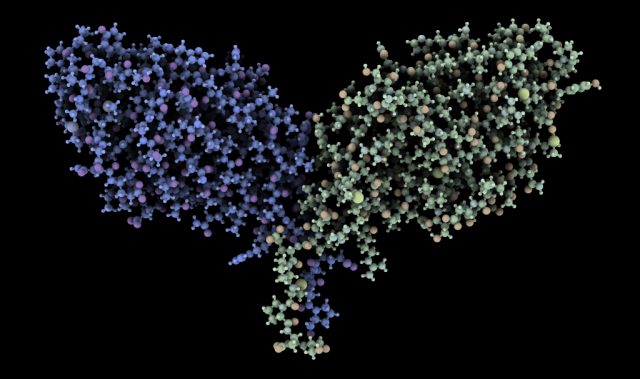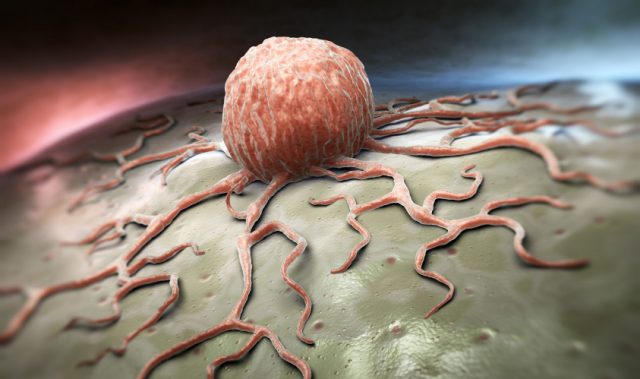
AsianScientist (May 14, 2015) – Cell death caused by perturbation of mitotic regulators is often attributed to mitotic failure or abnormal mitosis. Recently, researchers have found that two interacting mitotic regulators, BuGZ and Bub3, play a role in pre-messenger ribonucleic acid (mRNA) splicing during the interphase of the cell cycle. Their research published The Journal of Cell Biology showed that perturbation of such mRNA splicing contributes to cancer cell death.
An earlier collaborative study identified BuGZ as a spindle matrix protein required for efficient and accurate mitosis through an interplay with the spindle checkpoint protein Bub3. Depletion of BuGZ by RNA interference was found to to mitotic arrest followed by cancer cell death.
A team led by Dr. Wan Yihan, a joint postdoctoral fellow at the Chinese Academy of Sciences, found that the depletion of BuGZ resulted in prominent DNA damage in multiple human cancer cell lines. This in turn activated the p53 pathway and together with the mitotic arrest, resulted in the cell death.
Unexpectedly, they found that the DNA damage was due to accumulation of DNA-RNA hybrids (P-loops), intermediates of gene transcription and pre-mRNA processing. BuGZ was also associated with components of the spliceosome, a machinery in charge of mRNA splicing. The existence of massive mRNA splicing defects in the BuGZ-depleted cells further supported the involvement of the protein in pre-mRNA splicing.
Interestingly, although the depletion of BuGZ in human foreskin fibroblasts also provoked P-loop accumulation, DNA damage and p53 activation, the cells did not die. Rather, these cells showed decreased proliferation and premature senescence during a long term culture.
As primary cells and cancer cells respond differently to the loss of BuGZ, the researchers further explored whether this property could be used in cancer treatment. This was tested with a simplified tumor model, in which the eyes of fruit flies were induced to overgrow through the expression of oncogenes.
While the depletion of BuGZ by RNA interference had little effect on the eye development, it suppressed the oncogene-induced hyperplasia. Intriguingly, feeding the oncogene-expressing flies with a splicing inhibitor pladienolide B also suppressed the eye tumor formation.
Depletion of Bub3 was also found to induce similar splicing defects in both primary and cancer cells. Therefore, this confirms that BuGZ and Bub3 are partners in pre-mRNA splicing as well.
The article can be found at: Wan et al. (2015) Splicing Function Of Mitotic Regulators Links R-loop–mediated DNA Damage To Tumor Cell Killing.
———
Source: Shanghai Institutes for Biological Sciences.
Disclaimer: This article does not necessarily reflect the views of AsianScientist or its staff.












